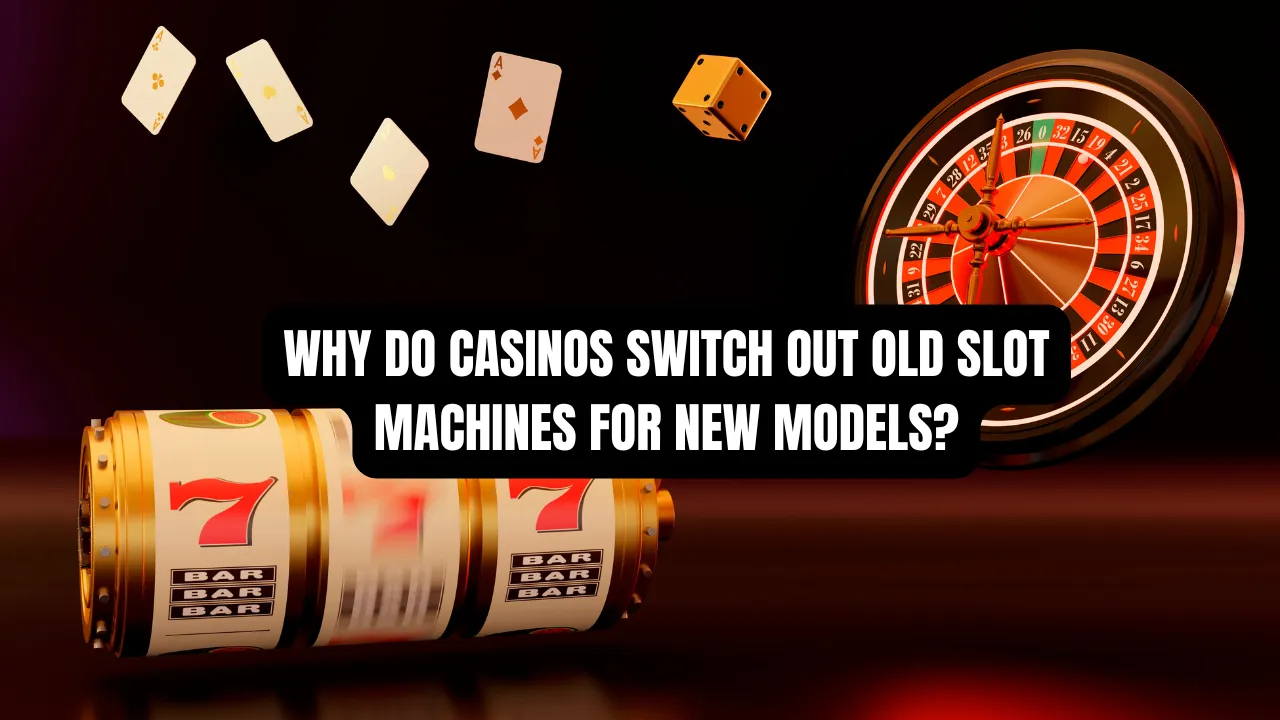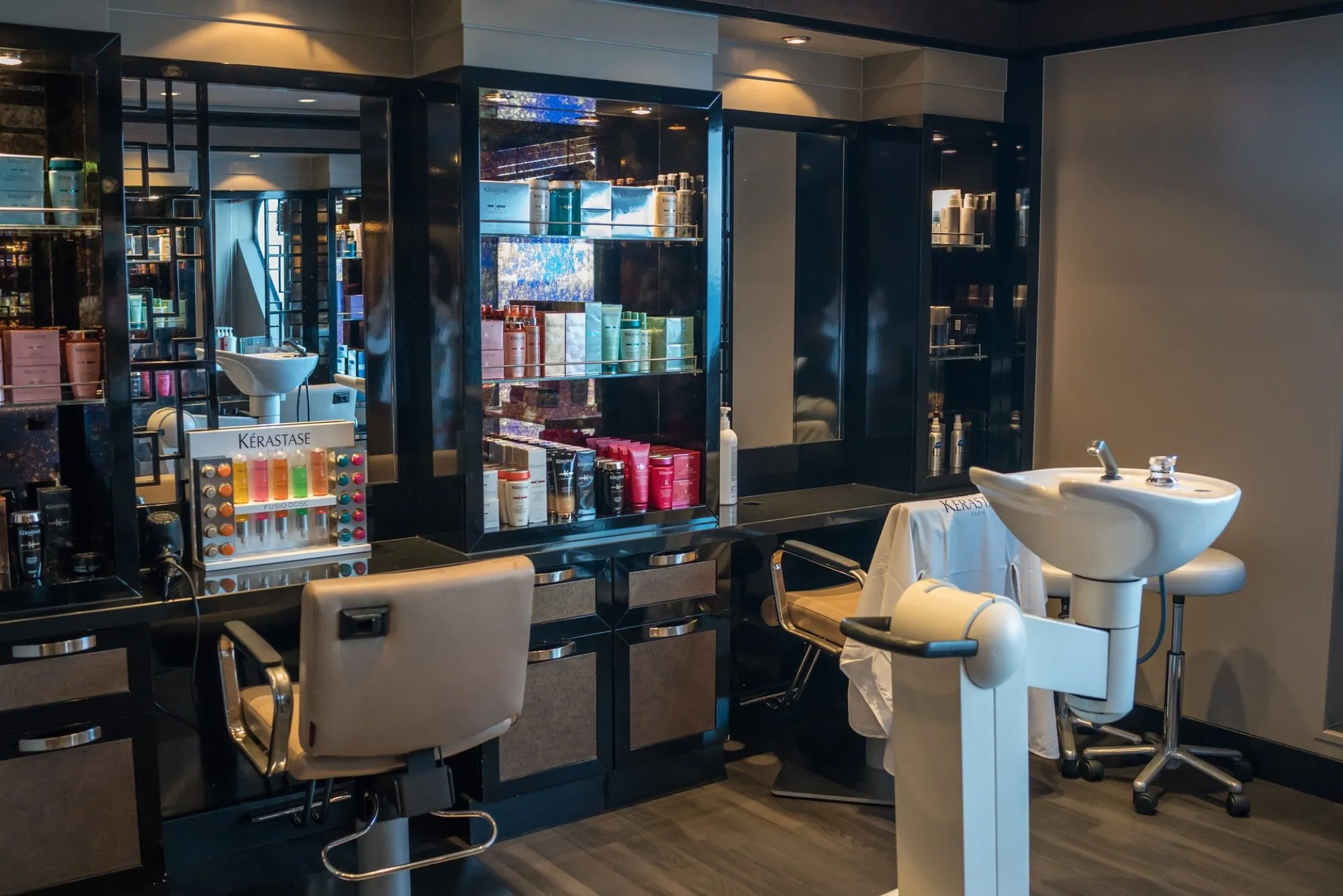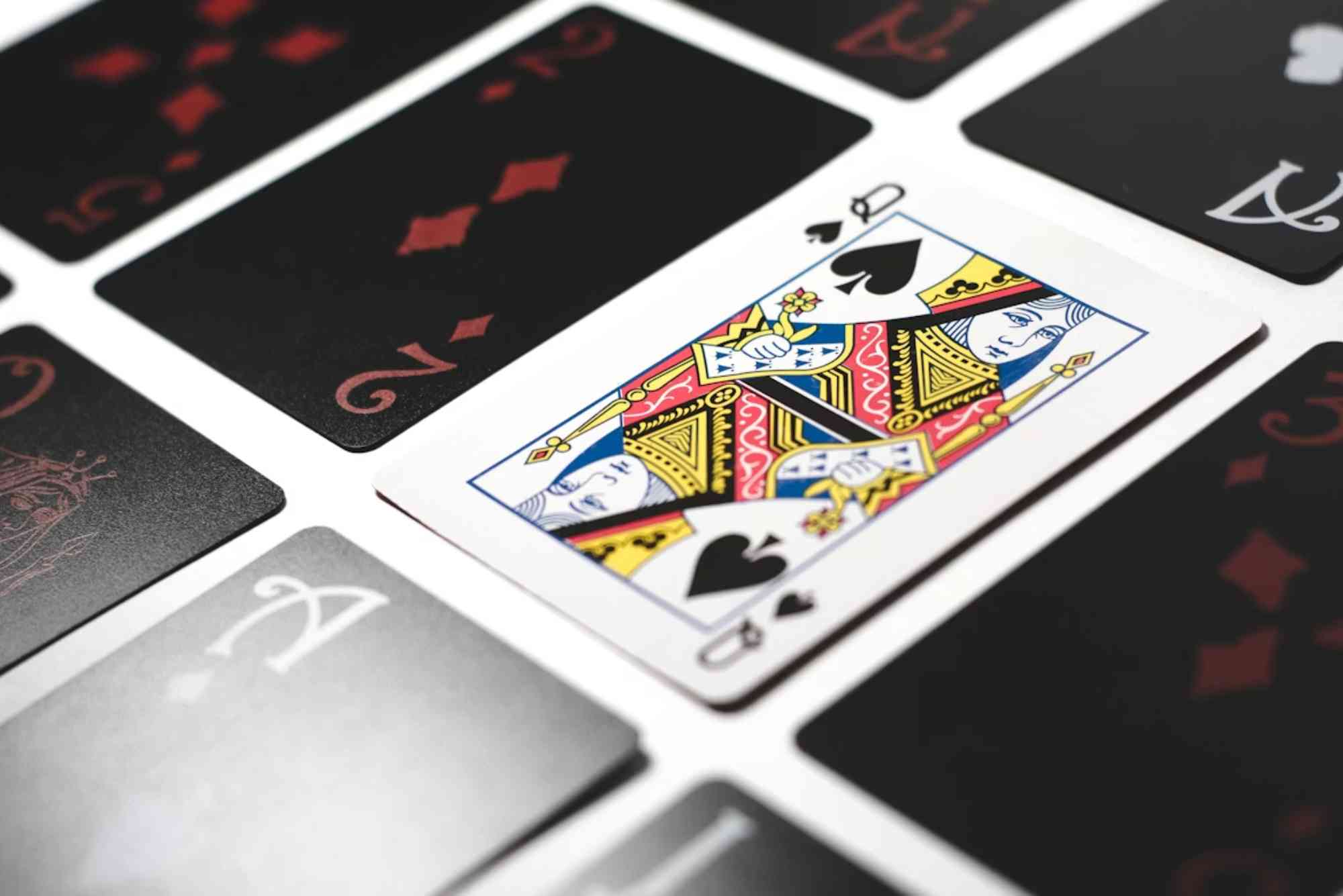Walk into any casino today, and you’ll notice that slot floors never look the same for long. Machines that were popular a few years ago are suddenly gone, replaced with flashier, more modern cabinets. For casual visitors, this might seem unnecessary—after all, if the reels spin and the lights flash, why not keep them around? But behind the scenes, casinos have very specific reasons for regularly replacing their slot machines.
Casinos are in the business of entertainment and profit, and slot machines play a central role in both. Updating machines isn’t just about chasing trends—it’s a carefully calculated strategy tied to player psychology, technology, regulations, and revenue performance.
The Evolution of Player Expectations
Players today expect more from slots than just spinning reels and fruit symbols. Modern slot machines deliver immersive experiences, complete with cinematic graphics, surround sound, and interactive bonus features. The pace of innovation in the gaming industry is fast, and just like smartphones, older slot machines quickly feel outdated.
Casinos know that players are attracted to novelty. A new cabinet on the floor can spark curiosity, even among regulars who otherwise stick to their favorites. When a fresh game launches, people line up to try it, creating buzz across the gaming floor. Older models simply cannot compete with the sensory experience that new machines deliver, which is why casinos don’t hesitate to rotate them out.
How Technology Drives Turnover
The slot industry is heavily influenced by advances in digital technology. Game developers consistently introduce new themes, bonus mechanics, and features designed to maximize engagement. For example, linked progressive jackpots that connect multiple machines across a floor (or even across multiple properties) became a must-have once players experienced the excitement of multimillion-dollar prizes.
If a casino continues to run older slots that lack these features, they risk falling behind competitors. Technology upgrades also matter from an operational standpoint. Newer models are often more energy-efficient, more secure against tampering, and easier for staff to maintain. This reduces long-term costs and ensures compliance with ever-changing gaming regulations.
Balancing Revenue and Performance
Every slot machine is tracked meticulously for its performance metrics. Casinos monitor how much is wagered, how often jackpots hit, and whether a machine’s profits align with expectations. When a machine’s revenue begins to decline compared to newer models, it’s a clear signal to replace it.
It isn’t always about low performance, though. Even a popular slot might be rotated out if its life cycle is complete. Manufacturers stop supporting outdated cabinets and software after a certain period, making it more difficult for casinos to keep them operational. In that sense, machine replacement is not just about increasing revenue but also about managing risk and sustainability.
The Role of Player Psychology
Casinos are masters of understanding human behavior. They know that players are more likely to stay engaged when the environment feels fresh and exciting. Walking into a casino full of outdated, repetitive machines would feel stagnant and uninspiring. New models create the impression that something exciting is always happening, encouraging players to explore and spend more time on the floor.
There’s also the concept of “perceived fairness.” While slots are governed by random number generators (RNGs), players often associate newer machines with better odds or “luckier” outcomes. Even if this isn’t statistically true, the perception alone is powerful enough to influence play. Casinos use this psychological edge to their advantage when deciding when to introduce new machines.
Shifting to Digital and Crypto Integration
Another key reason casinos upgrade their machines is to adapt to the growing digital economy. Many modern slot cabinets now include cashless payment options and integration with loyalty programs that track player behavior in real time.
More significantly, online gaming platforms have accelerated the pace of change. With the rise of digital gambling, especially in markets like the UK, innovations such as blockchain integration are reshaping player expectations. For example, players who use crypto casinos uk enjoy faster payouts, transparent transactions, and access to modernized slot titles. Land-based casinos, aware of this shift, aim to ensure their slot floors don’t feel like relics in comparison to online alternatives.
Regulations and Compliance Pressures
Casinos don’t have total freedom in how they operate their machines. Regulatory bodies often require periodic updates to ensure fairness and security. In some jurisdictions, older machines must be retired once they can no longer meet evolving compliance standards. This adds another layer of pressure to continually refresh slot inventories.
Additionally, regulators encourage responsible gambling practices, and newer machines often come equipped with features such as time-limit reminders or customizable play settings. By installing updated models, casinos show regulators—and their patrons—that they are serious about safer gambling measures.
The Competitive Advantage
Casinos operate in fiercely competitive markets. In places like Las Vegas or Macau, where players can simply walk into the next property, staying ahead in terms of slot offerings is critical. A casino that lags behind risks losing foot traffic, while one that frequently updates its floor positions itself as a modern, exciting destination.
Even smaller, regional casinos follow this pattern. The upfront cost of purchasing or leasing new machines is high, but the long-term return on investment often justifies the expense. The increased player engagement, higher revenue, and enhanced brand reputation all contribute to the bottom line.
The Future of Slot Machine Turnover
Looking ahead, the cycle of replacing old machines with new ones will only accelerate. As immersive technologies like virtual reality and skill-based slot mechanics enter the mainstream, casinos will need to adapt quickly. Players increasingly want more control over outcomes and more engaging narratives than traditional slots can offer.
In the next decade, expect to see hybrid slot models that blend elements of video gaming, augmented reality, and blockchain functionality. This will push older machines into retirement even faster, as casinos compete to stay relevant in a market where attention spans are shorter than ever.
Final Thoughts
Casinos don’t replace slot machines on a whim—it’s a carefully managed process shaped by technology, psychology, competition, and regulation. New models are not only more engaging but also more efficient and secure, making them a strategic necessity rather than just a cosmetic upgrade.
For players, this cycle means constant exposure to new experiences, whether on the casino floor or through digital platforms. For casinos, it’s a balancing act between cost and innovation—but one they cannot afford to ignore. In the end, replacing old slot machines ensures the industry keeps evolving, keeping players entertained and profits steady.









